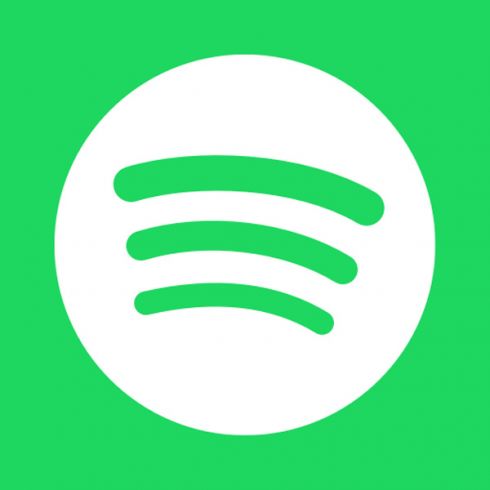
MUMBAI: In the early days of Spotify (NYSE:SPOT), its negotiations with record labels were often heated as it asked for more and more concessions and better terms with each renewal. But its latest deal with Vivendi's (OTC:VIVH.Y) Universal Music Group (UMG) suggests the two sides are more cooperative than ever.
As part of the deal, UMG is signing on to adopt future Spotify products connecting artists with fans and provide feedback for improvement. It's a major step toward Spotify's vision to develop a two-sided marketplace, which will provide a supplementary revenue stream to its consumer-facing subscription and advertising business.
Getting the biggest label on board
Getting Universal on board with using its two-sided marketplace products is a big win for Spotify. It has reportedly been a key point of contention in Spotify's most recent round of negotiations.
Spotify wants to exempt promoted listening from the revenue pool it shares with labels. Currently it offers products like Marquee (which can be used to inform fans when an artist they follow releases a new album) and promoted songs in playlists. While labels pay for that promotion, they get some of that revenue back in the form of a royalty payment. And while those products are a small piece of revenue now, Spotify hopes they'll grow into a sizable piece of the business.
UMG controls about 40% of recorded-music market share in the United States. With the biggest label on board with Spotify's two-sided marketplace products, Spotify's job negotiating deals with the other labels -- Sony, Warner Music Group, and Merlin (which represents a consortium of indie labels) -- just got a lot easier. One label can't afford for another to have access to promotional tools it doesn't.
Building on its competitive advantage
Spotify's biggest competitive advantage is its massive amount of listener data and its ability to leverage that data into increased engagement. Spotify's earliest efforts to use listener data to grow engagement were with its algorithmically generated playlists, which account for around 17% of listening on its platform.
Using the same underlying data and technology can provide unique insights to record labels and artists about who's listening to what and help them reach more listeners. Competitors in the space won't always have the same access to quality data, especially considering the popularity of playlists (a trove of data) on Spotify.
Its other competitive advantage is its scale. Spotify has more listeners and subscribers than any other streaming platform. And as streaming grows in its overall importance to the music industry, that puts Spotify in a prime position to both ask the labels for more and offer them more in return. It now has the power to push a song or album to No. 1 on the Billboard charts.
Labels may find themselves in a Catch-22, though. If labels are promoting listening on Spotify, that means they're likely spending less promoting listening through other channels like physical stores or radio stations. Therefore, Spotify is consolidating its power over the labels, and by purposefully keeping the terms of its agreements short (typically two to three years), it will be able to come back to the table and ask for more.
But with music industry revenue returning to levels from the early 2000s, largely thanks to streaming, Spotify should be able to take a relatively larger portion of that revenue without big negative consequences for the record labels.